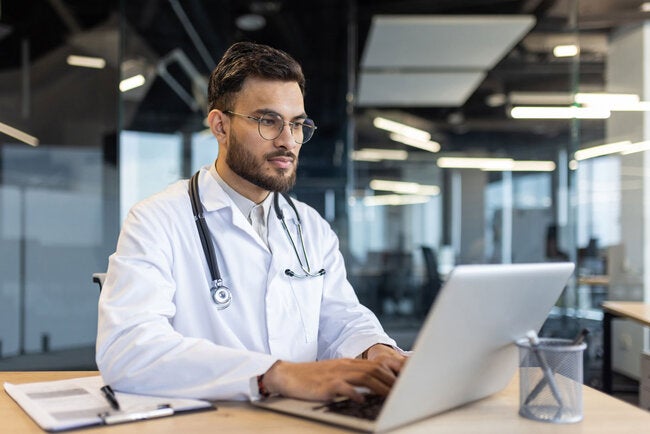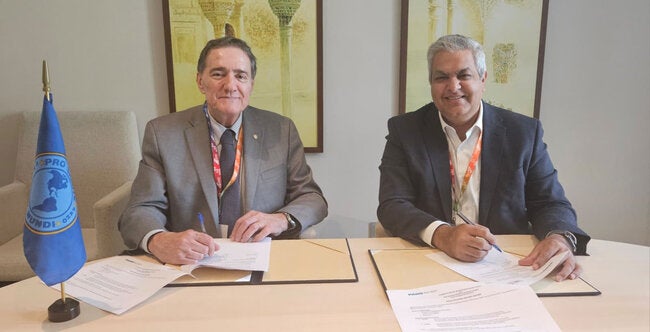
Washington DC July 17, 2024 (PAHO) – As countries in the Americas continue to recover and rebuild from the COVID-19 pandemic, experts from the Pan American Health Organization (PAHO) and the United States Agency for International Development (USAID) met to discuss global health security and renew their commitment to continued collaboration to improve public health in the Americas.
During the Building a Successful Partnership for 2024 and Beyond event, held at PAHO Headquarters in Washington DC on July 15, participants discussed the organizations’ 30-year partnership and the ongoing critical health challenges and opportunities for the region.
PAHO’s partnership with USAID is “more crucial than ever following the devastating impact of COVID-19 in the Americas,” said Mary Lou Valdez, PAHO Deputy Director during her opening remarks. “This is an opportunity to refocus and renew our commitment to priorities and identify new areas of collaboration.
For Michael Camilleri, Acting Deputy Administrator of USAID’s Office for Latin America and the Caribbean, over the past three decades, PAHO and USAID have “collaborated to improve health and well-being in the Americas,” with “incredible results.”
In a context where the region continues to face serious health inequalities, the increase in extreme weather events and the serious dengue epidemic, the USAID-PAHO alliance is crucial “to promote strong health systems, protect people from the threat of pandemics, address health needs throughout life and tackle emerging challenges such as migration, climate change and mental health,” added Camilleri.
During the event, PAHO Director Jarbas Barbosa and Atul Gawande, USAID Assistant Administrator for Global Health, engaged in a high-level dialogue to discuss lessons learned from the COVID-19 pandemic, the interrelationship between health, economic and climate security, the rise in avian flu cases, and the importance of a One Health approach, as well as priority areas for collaboration going forward.
During his remarks, and looking forward to continuing to collaborate with PAHO, Dr. Gawande highlighted the importance of strengthening primary health care in the Region, increasing the health workforce, and improving the response to emerging threats. “Speed is of the essence when it comes to managing and controlling outbreaks,” he said. For USAID, PAHO’s role in health security in the region is key, “particularly when it comes to strengthening surveillance in the animal sector.”
Given the opportunities presented by the changes to the International Health Regulations (IHR) and the future treaty on pandemics, “it is important that our alliance remains strong” and “based on lessons learned,” Dr. Barbosa agreed. Together, “we must rethink how countries can be better prepared for health emergencies, for the worst-case scenario,” he added.
Following the high-level dialogue, a panel discussion was held to celebrate 30 years of collaboration, which discussed the ways in which collaboration with USAID has enabled PAHO to achieve its health goals across the Americas, including on topics such as digital transformation, maternal and child mortality, and the elimination of communicable diseases. For USAID, the collaboration has also inspired the Agency to bring new innovations to its work in other areas of the world.
Critical lessons from USAID’s collaboration with PAHO during the COVID-19 pandemic in Peru were also discussed, including the need to ensure ongoing monitoring and evaluation, as well as consolidated databases, to facilitate informed decision-making. These elements were crucial to reducing COVID-19 mortality and morbidity in the country.
“You can count on a true partner in times of crisis, and USAID has exemplified that many times,” said PAHO Deputy Director Rhonda Sealey-Thomas.
“I look forward to continuing to build on the shared history of our two great organizations and reaffirm our commitment to working together to advance public health priorities in the Americas in the years ahead.”






